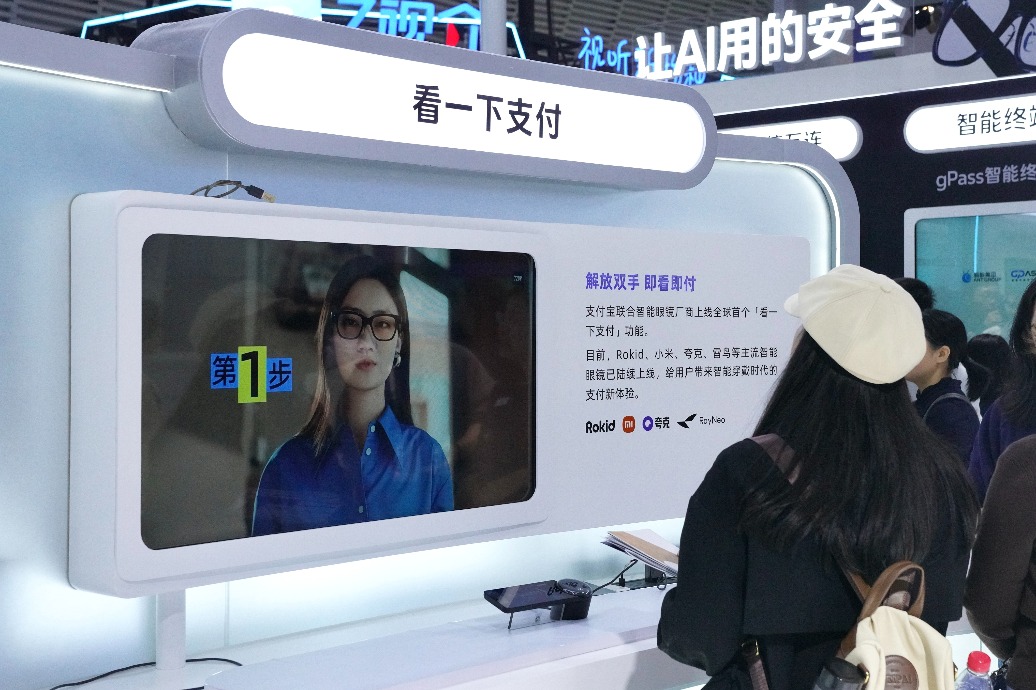Make sure you get the right address

Getting people's titles right is laden with pitfalls
In Anglo-Saxon countries it is common to directly address someone by their first name because it is convenient and shows a close relationship. But in China, especially in a work context, people often address others with their family name plus a title, for example: 李处长 Lǐ chùzhǎng (Director Li); 包经理 Bāo jīnglǐ (Manager Bao); 吴主席 Wú zhǔxí (Chairman Wu); or 梁老师 Liáng lǎoshī (Teacher Liang).
Obviously, these titles are used in the address because they are respected and popular ones. No one would call others 赵保姆 Zhào bǎomǔ (Housemaid Zhao) or 孙服务员 Sūn fúwùyuán (Waiter Sun). In these situations it is simply 赵阿姨 Zhào āyí (āyí is general address for housemaid) or 小孙 Xiǎo Sūn. In China, the way one is addressed is a symbol of social status.
Most leadership positions in China consist of a chief and some deputies. The chief is the person in charge and makes the most important decisions, and the deputies are assistants. Normally there are many deputy (副) positions under one chief (正). On formal occasions, it is recommended to address deputies as "副" to differentiate them from the chief. However, on informal occasions, especially when only the deputy is present, 副 should be omitted from the title, as it is impolite to emphasize and remind one of their deputy position. For example, on informal occasions we can address 李副处长 Lǐ fù chùzhǎng (Deputy Director Li) as 李处长 Lǐ chùzhǎng (Director Li) or 李处 Lǐ chù.
On informal occasions, some titles can be shortened. For example, 王董事长 Wáng dǒngshìzhǎng (Chairman of the board Wang) becomes 王董 Wáng dǒng and 包总经理 Bāo zǒng jīnglǐ (General manager Bao) can be shortened to 包总 Bāo zǒng, 李处长 Lǐ chùzhǎng (Director Li) can be shortened to 李处 Lǐ chù. But remember that not all titles can be abbreviated.
Another thing worth mentioning is that when it comes to introducing several people on the same occasion, those with higher ranks should be introduced and greeted before those of a lower rank.
In China, people also use 王哥 Wáng gē (Brother Wang), 张姐 Zhāng jiě (Sister Zhang) to refer to each other, and 亲爱的 qīnàide (darling) and 亲 qīn (short for darling) is very popular too. Referring to each other like this is not an expression of an intimate relationship, but just used for the purpose of indicating a closer relationship. Similarly, in companies, senior colleagues sometimes call new staff 小+姓 Xiǎo plus family name, for example, 小张 Xiǎo Zhāng or 小王 Xiǎo Wáng. Here, 小 Xiǎo means young.
In recent years, and with increasing international business and cultural exchange, Chinese people have become used to addressing others with 先生 xiānsheng (Mr) and 女士 nǚshì (Ms), while many young people like to call themselves by their English names when working. It is no longer appropriate to refer to young ladies with 小姐 xiǎojiě (Miss) it has negative connotations.
Next week:礼物 (lǐwù), gifts
This article, the second in a series, is based on a lesson provided by the Business Confucius Institute at the University of Leeds. To find out more, go to http://lubswww.leeds.ac.uk/confucius/home/
(China Daily Africa Weekly 08/01/2014 page27)
Today's Top News
- Crossing a milestone in the journey called Sinology
- China-Russia media forum held in Beijing
- Where mobility will drive China and the West
- HK community strongly supports Lai's conviction
- Japan paying high price for PM's rhetoric
- Japan's move to mislead public firmly opposed






























